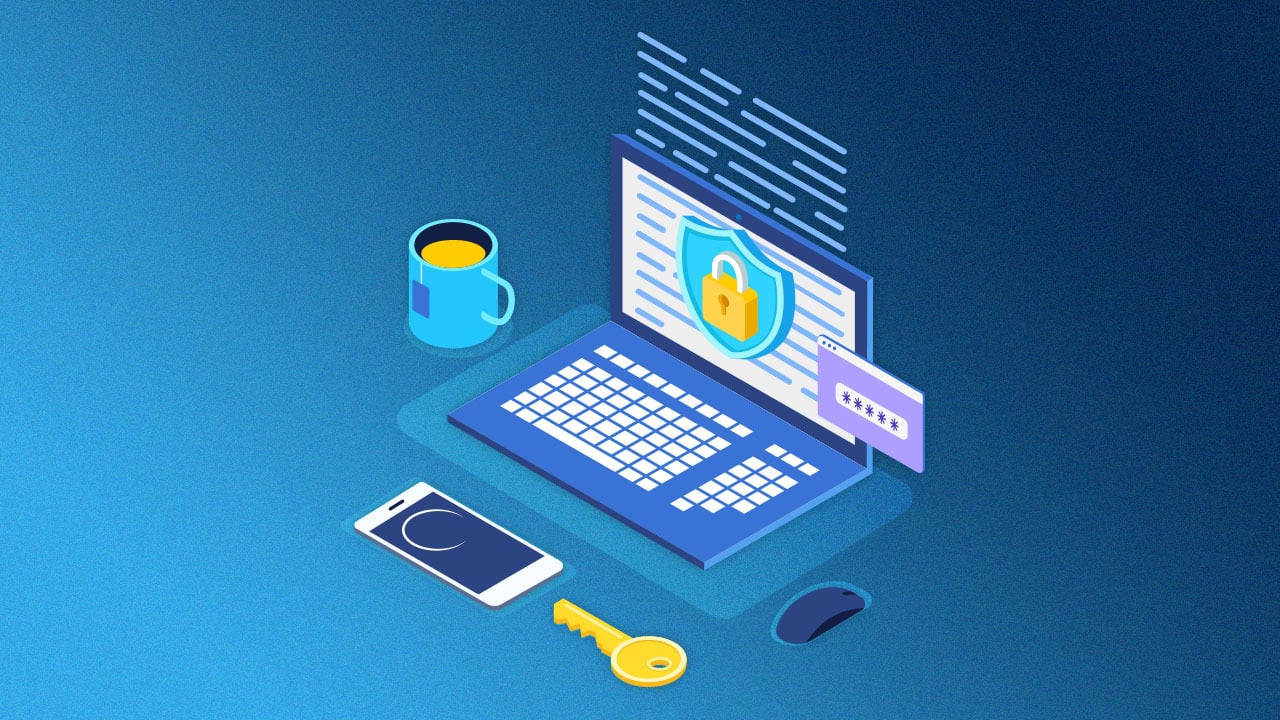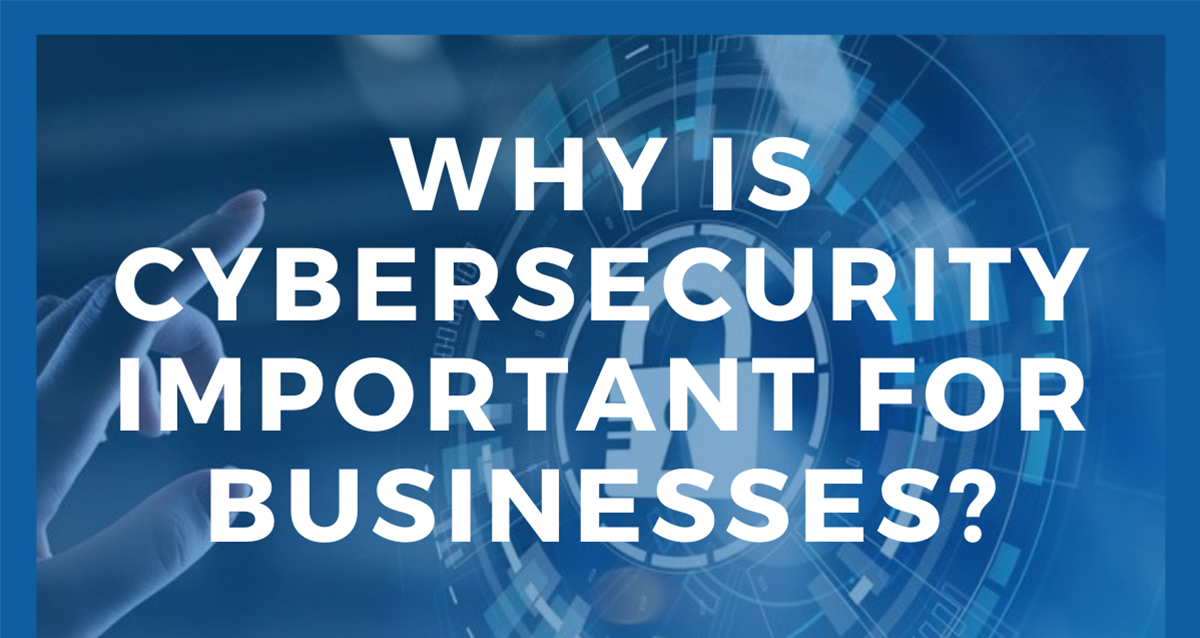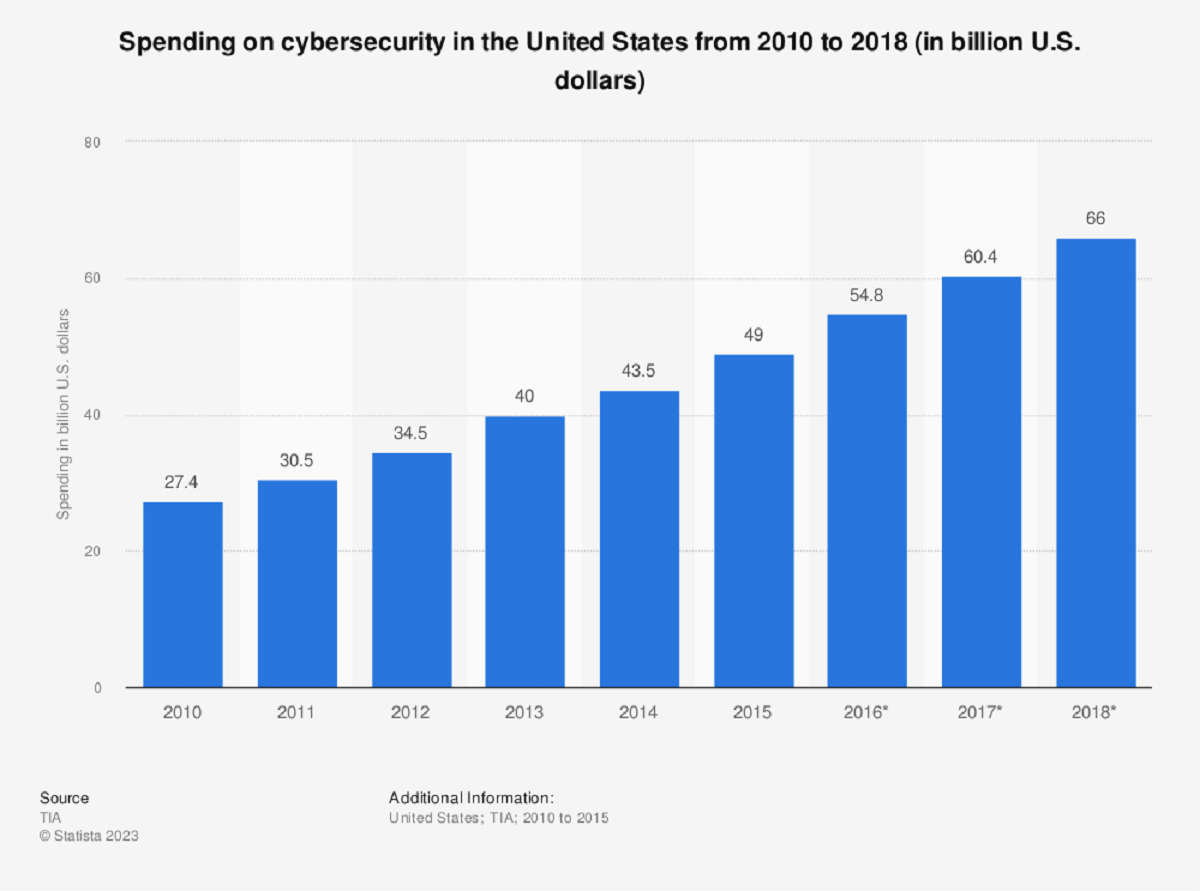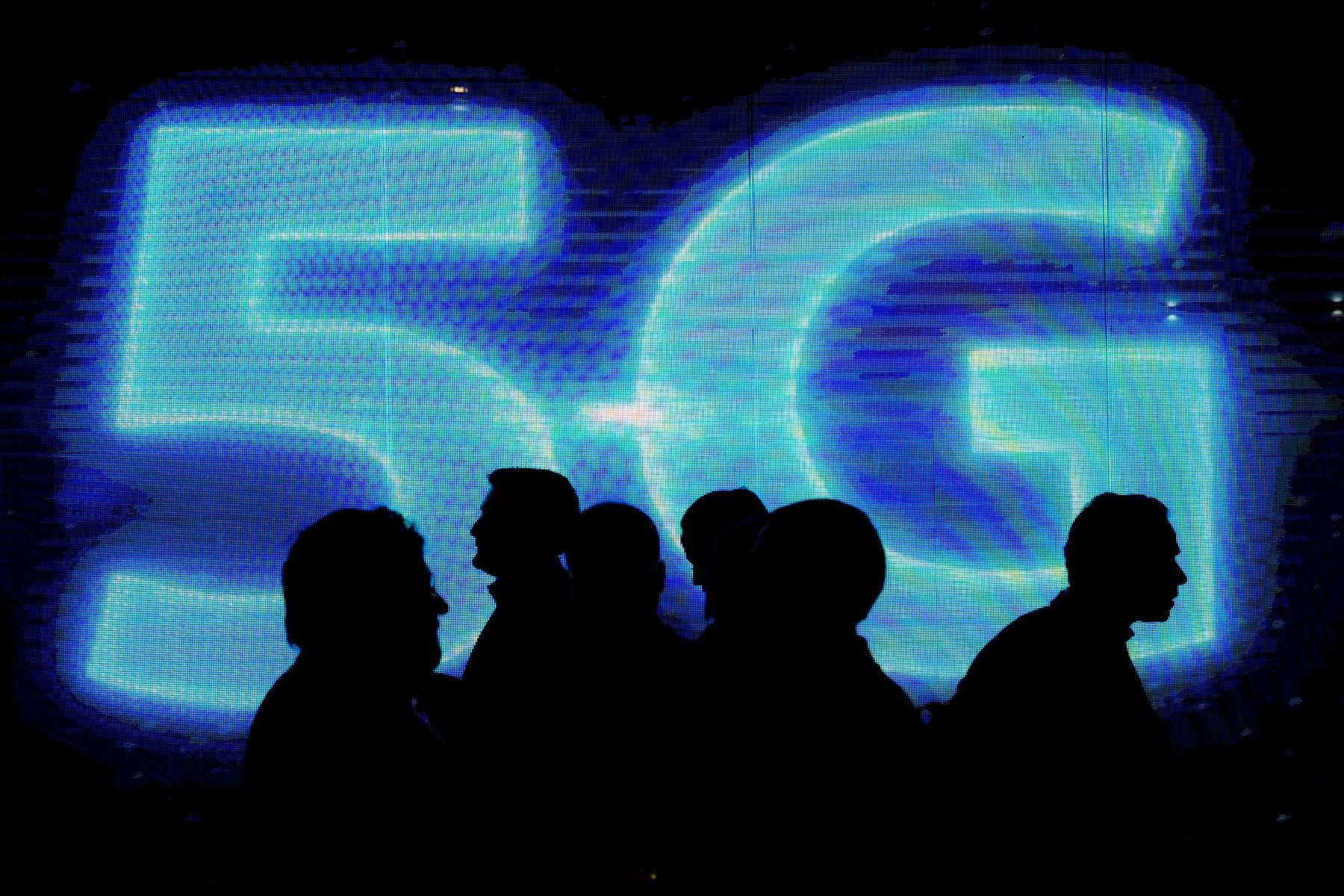In the wake of the recent 23andMe data breach, where hackers gained access to the personal information of 6.9 million users, concerns regarding data security and privacy have reached new heights. It is becoming increasingly apparent that companies that profit from our DNA must prioritize the protection of this intimate and personal information, or risk facing severe consequences.
Key Takeaway
The recent 23andMe data breach highlights the urgent need for DNA companies to prioritize data security. Companies that profit from our DNA must recognize the profound responsibility they hold, not just to their customers, but to society as a whole.
A Stark Reminder of Negligence
The 23andMe breach serves as a stark reminder of the sheer negligence exhibited by companies that fail to effectively safeguard our most sensitive data. Personal information such as family trees, birth years, and geographic locations was exposed, raising important questions about the adequacy of data protection measures in place. Can we truly trust these companies with our most intimate information?
Implications of Hackers Gaining Access to DNA Data
The potential consequences of hackers gaining access to vast databases of DNA information are deeply concerning. Governments and law enforcement agencies could exploit such data for their own purposes, leading to potential violations of privacy and civil liberties. Moreover, issues of consent arise, as individuals who have not willingly participated in DNA testing may find themselves unwittingly included in these databases. This raises fears of potential familial implications and the unintended consequences of DNA data sharing.
The Audacity of 23andMe and Similar Companies
Companies like 23andMe present themselves as guardians of our genetic history and holders of vital medical information. However, when data breaches occur, they often shift blame onto users for weak passwords or outdated security measures. This deflects responsibility and fails to acknowledge the significant roles these companies play in safeguarding our DNA data.
Dealing with such highly personal and sensitive data demands the highest possible standards of security and accountability. We are entrusting these companies with the very blueprint of our existence, making it imperative that they prioritize data privacy and implement exceptional cybersecurity measures.
A Call for Change and Responsibility
The DNA testing industry must undergo a fundamental shift in how it views and treats customer data. The focus should go beyond superficial security measures, such as improved passwords, and extend to a comprehensive enhancement of cybersecurity practices. DNA companies ought to assume a leadership role in this regard, setting an example for other industries to follow.
In light of previous breaches, such as the Equifax incident, where the company faced minimal consequences, it is time for a shift in approach. Companies that fail to adequately protect DNA data should face more severe penalties, including the potential risk of losing their corporate existence.
The DNA testing industry must acknowledge that they deal with more than just data; they hold people’s lives, histories, and futures in their hands. It is high time they treat our data with the utmost respect and care it deserves.

























